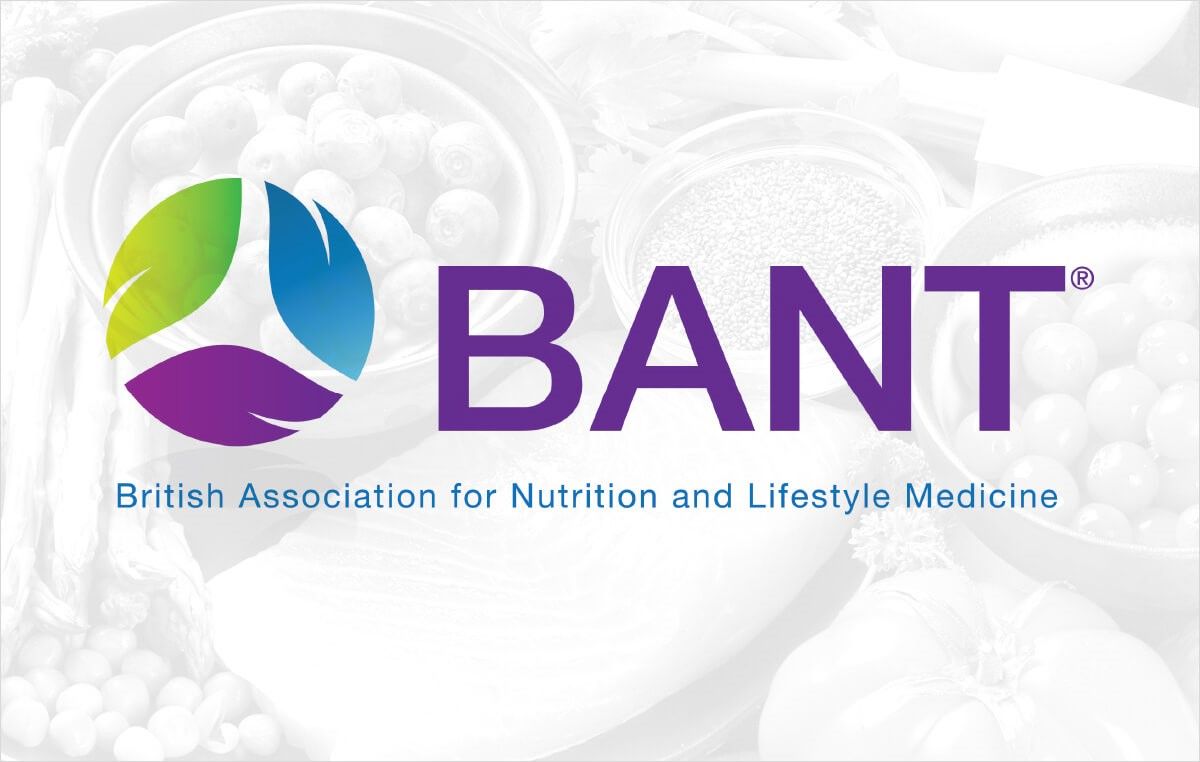
04 Sep 2017 Cochrane Systematic Reviews Finds Insufficient Evidence to Recommend Consumption of Whole Grains to Reduce Risk of Cardiovascular Disease – BANT Comments
A new systematic review published by the Cochrane Collaboration has found that there is insufficient evidence from randomised controlled trials to date to recommend consumption of whole grain diets to reduce the risk of cardiovascular disease, lower blood cholesterol or blood pressure. Cochrane Systematic Reviews are recognised as representing an international gold standard for high quality, trusted information.
BANT Chair Miguel Toribio-Mateas welcomed the publication of this review as it confirms the conclusion arrived at by the WHOLEheart research project, a randomised controlled trial funded by the UK Foods Standards Agency and published in the British Journal of Nutrition in 2010 (link here).
Toribio-Mateas continues: Public Health England (PHE) published a blog entitled “Healthy eating advice must be based on the best evidence” on the “Public Health Matters” website by PHE n May 2016. I posted a question for Dr Louis Levy if he’d be so kind to explain what would be wrong with replacing at least some of the starchy carbohydrate – mostly from wholegrains – with carbohydrate in green leafy and other vegetables (leeks, broccoli, cauliflower, carrots). The question is still showing as “pending moderation”. Surely Dr Levy was aware of the WHOLEheart study results? Why then has PHE allowed cereal product producers to continue to display “heart friendly” logos on packs of cereal, bread, etc. where there is no evidence that these foods protect from cardiovascular disease, lower cholesterol or blood pressure? The UK Government’s Eatwell Guide says that “fibre is an important part of a healthy balanced diet. It may help prevent heart disease, diabetes, weight gain and some cancers, but most importantly it helps digestive health.” Given there’s no evidence to support the “heart health” claim, if wholegrains are included in the Eatwell Guide merely for their fibre content, why can’t someone increase their vegetable intake instead, e.g. 7 a day instead of 5 and reduce the amounts of wholegrains based on personal preference or, indeed, tolerance to starchy carbohydrate.
BANT and its members do not advocate for the removal of wholegrains from anyone’s diet. BANT members are accredited by the Professional Standards Authority to support their clients’ health with individualised, evidenced-based nutrition advice. Whilst guidelines can be useful as a starting point, promoting a one-size-fits-all dietary model such as “the Eatwell Guide” as a “healthy balanced diet” for everyone, is a concept that is losing the support of healthcare professionals across the board.”
BANT members are uniquely trained to individualise their nutrition advice so that it tackles the need of the person they’re working with, instead of following a handout generated by a computer programme.”
The most common reasons people seek nutritional advice is to address weight loss and/ or for general health and wellbeing. These issues are addressed by BANT with the following guidelines, which BANT members use as a starting point to individualise their recommendations according to their client’s needs:
The, clear, concise format of the BANT Wellbeing Guidelines enables people to see easily what food choices they should be making. More detailed information is also given to guide people in how to make these choices and which other lifestyle factors they should be addressing.
Key advice provided by the BANT Wellbeing Guidelines includes the following:
- Weight Loss or General Health and Wellbeing: Everyone is unique but whatever your goal similar nutritional principles and health and wellbeing guidelines will apply.
- Eat a Rainbow: a varied diet of 7 differently coloured fruit and vegetables per day.
- Stay hydrated with water, herbal teas, green and black teas. Avoid alcohol, sugary drinks and too much caffeine
- Ensure protein is lean: fish, poultry, eggs and vegetable sources. Limit red and processed meat.
- Include healthy fats: avocados, nuts, olive oil. Cook with healthy saturated fats: olive oil and butter.
- Choose root vegetables and whole grains instead of refined carbohydrates and grains: Eat sparingly.
- For Weight Loss: include exercise, limit portion sizes, don’t eat between meals. Avoid: Sugar, artificial sweeteners, alcohol and refined carbohydrates.
- Include the right supplements: vitamin D, in particular, for most people and probiotics as advised by your Registered Nutritional Therapist
- Sleep and Exercise are an important aspect in overall Health and Wellbeing and Weight Management.
Click here to download the PDF version of this response.
FOR FURTHER INFORMATION PLEASE CONTACT:
Daniel O’Shaughnessy
Tel: +44 870 606 1284
NOTES TO EDITORS:
The British Association for Applied Nutrition and Nutritional Therapy (BANT) is the professional body for Registered Nutritional Therapists. Its primary function is to assist its members in attaining the highest standards of integrity, knowledge, competence and professional practice, in order to protect the client’s interests; nutritional therapy and the registered nutritional therapist.
Nutritional therapy is the application of nutrition science in the promotion of health, peak performance and individual care. It is a progressive approach to health optimisation. Registered Nutritional Therapists are recognised by the Professional Standards Authority to be as competent as other traditional healthcare providers. It has been recognised that they can make a difference by working together with healthcare providers as part of multidisciplinary teams under NHS commissioning.

